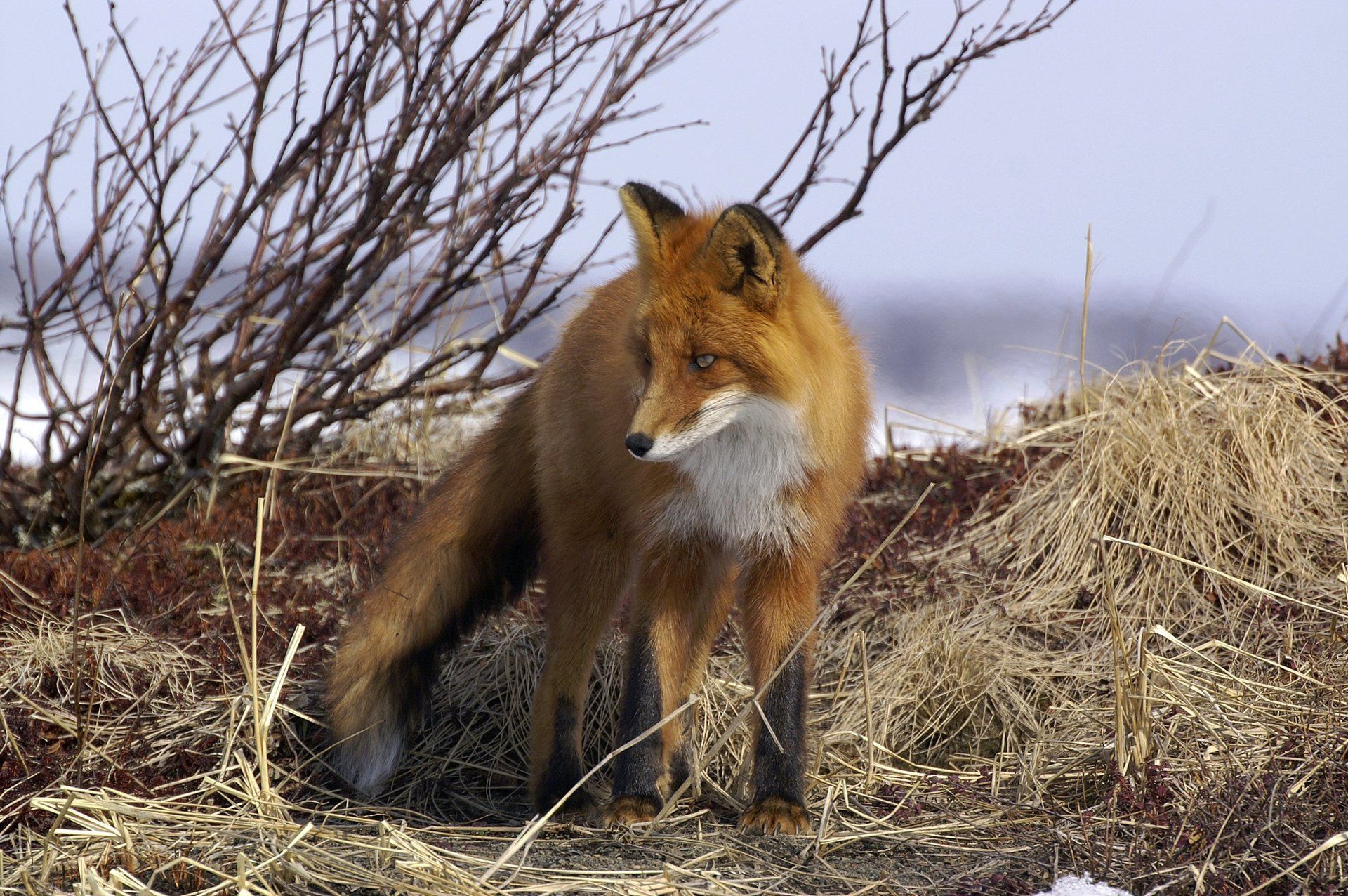The different interests, inclinations and abilities are perceived and valued in wilderness education. This recognizes your own potential to learn new skills and strengthens self-confidence, self-awareness and self-esteem. Acquired knowledge and skills motivate them to be teachers themselves and to support others.
We are all unique
The different interests, inclinations and abilities are perceived and valued in wilderness education. This recognizes your own potential to learn new skills and strengthens self-confidence, self-awareness and self-esteem. Acquired knowledge and skills motivate them to be teachers themselves and to support others.
About the wisdom and knowledge of indigenous peoples
Primitive peoples still live today in harmony with nature. The focus is on the survival of the clan without using resources.
This philosophy of life is the conceptual superstructure of wilderness education and at the same time its manual foundation.
You learn, for example, something about the "language of the forest", natural rhythms, cycles and backgrounds of some rites and festivals. On the practical side, the recognition of plants and herbs, the art of tracking and making fires without matches, as well as the production of simple utensils and tools from materials of local nature in the tradition of indigenous people.
Wilderness educational principles
Wilderness pedagogy uses supportive methods to
- to understand natural relationships
to expand the ability to perceive
to acquire knowledge and new skills.








